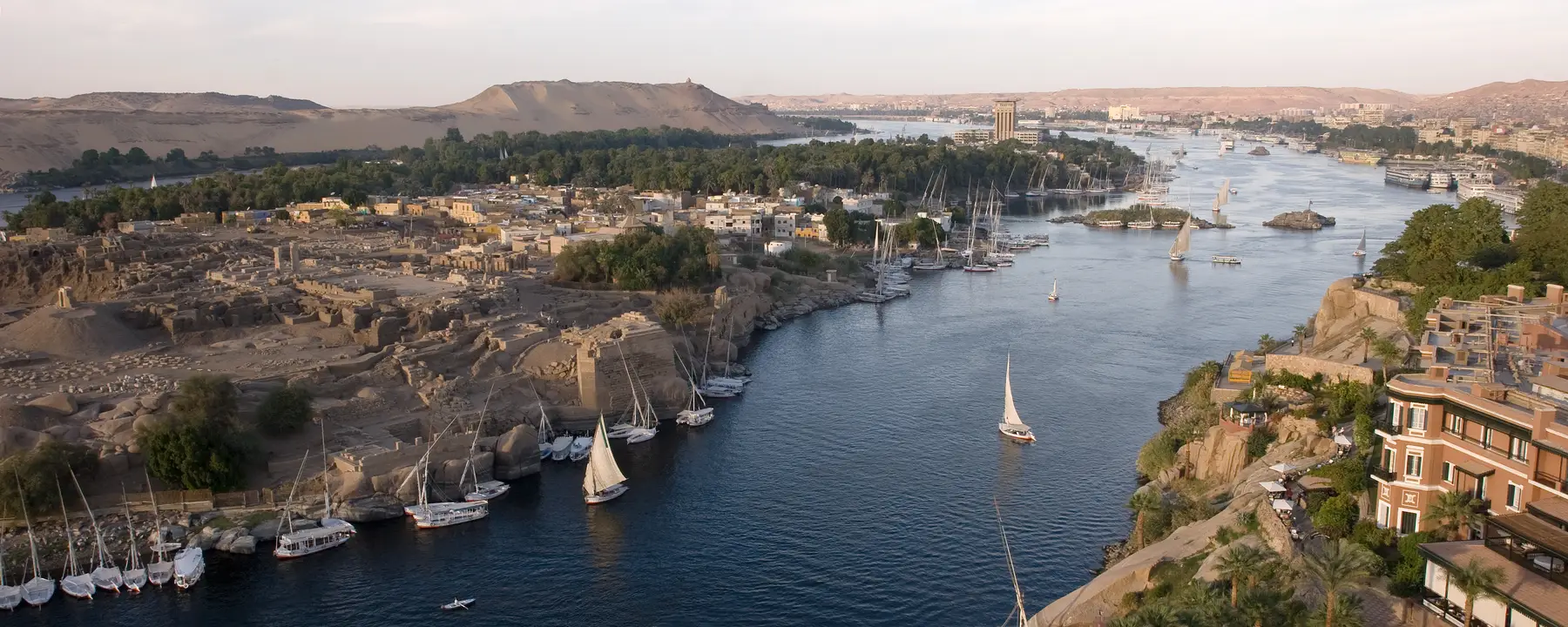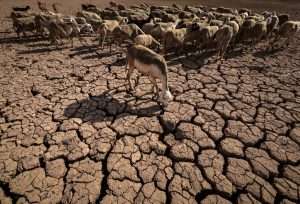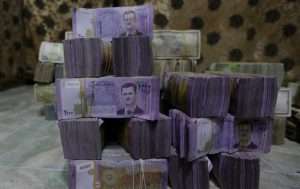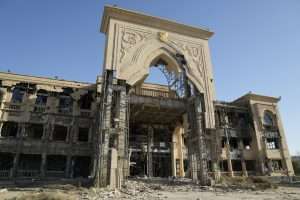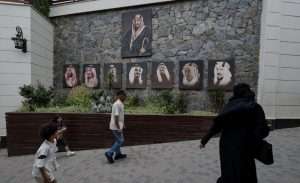Algeria’s Ramadan meat imports spark controversy
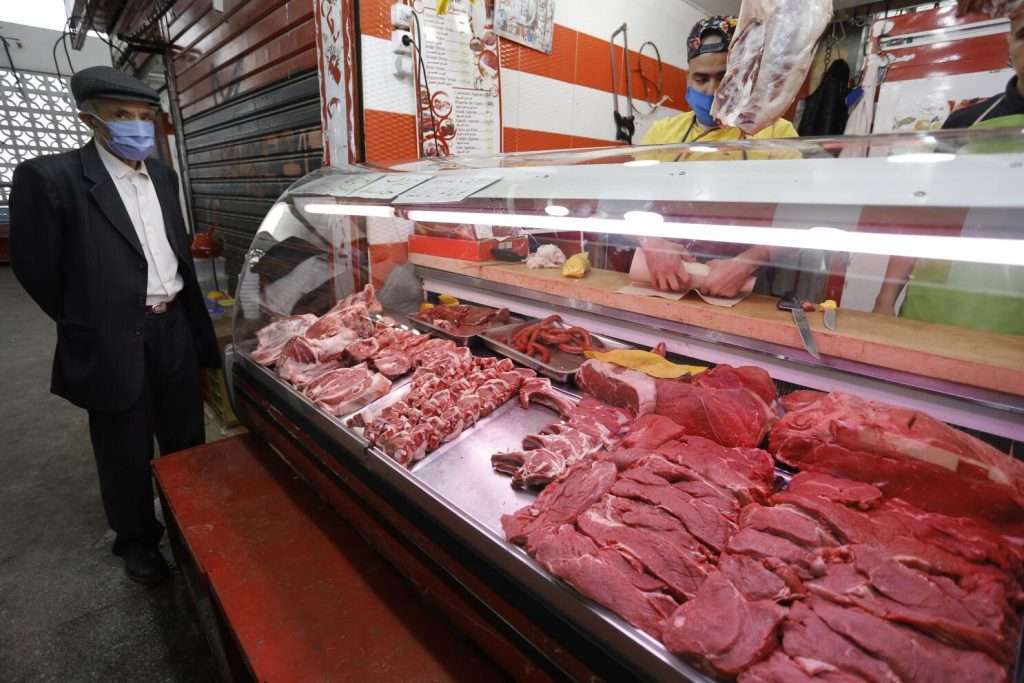
Algeria’s move to import vast amounts of meat during Ramadan has sparked national controversy, according to The Associated Press, reported on 11th March.
The president’s decision to import 100,000 tons of beef and lamb to the oil-rich nation this Ramadan has been met with criticism and has resulted in the annulment of Algeria’s produce importation policy. The policy was initially designed to support domestic producers but ultimately caused inflation in the red meat market as the supply could not equate to the overwhelming demand.
Imports from new trade contractors including Brazil, Italy, Spain, Ireland, Russia, and Australia have saved the Algerian government’s despair, increasing the availability of affordable meat as they struggle to halt inflation and combat the rising cost of living.
READ: War-torn Sudan faces world’s largest hunger crisis
While some consider the imported meat from countries as far away as Australia to be “high quality, and so much the better,” like retired teacher Rabah Belahouane, others see it as a threat to Algerian butchers and livestock farmers.
The inflation in Algeria’s meat market is a consequence of relentless drought and extortionate prices of animal feed that farmers face.
Owner of his family butchery, Salim Lamari stated “Local meat is expensive. It’s unfortunately become a luxury product, but that isn’t butchers’ fault,” attempting to defend the industry against blame from officials such as Algeria’s Commerce Minister, Tayeb Zitouni.
Zitouni has blamed butchers for the “impossible prices” of local produce that Algerians face as they prepare for Ramadan.
Ramadan, celebrated by Muslims around the world, occurs on the ninth month of the Islamic calendar and is a month of fasting, prayer, reflection, and community, to achieve greater “taqwa” – consciousness of God.
Due to the low plant-based population, Algeria requires average annual imports of 103,889 cows for breeding, fattening, and consuming to satisfy its meat eating majority.
Learning from last year’s inflation, Algeria has also taken to importing beans and onions to beat supermarket shortages and price hikes.
Similarly, in preparation for Ramadan, Tunisia has had to accept bananas from Egypt amidst the country’s economic crisis and food shortages.
AP/Al Jazeera
Want to chase the pulse of North Africa?
Subscribe to receive our FREE weekly PDF magazine




